Campus Sustainability News
News on campus sustainability initiatives, emerging programs, rankings, awards, student initiatives, green teams, and more from across the Cornell University campus.
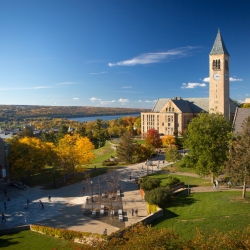
By delving into scientific, technological, environmental and economic data, Cornell Engineering researchers have examined whether New York could achieve a statewide carbon-free economy by 2050.
Their finding: Yes, New York can reach this goal – and do it with five years to spare.

Volunteer as an Energy Navigator! Accepting applications for the 2021 cohort. Application deadline: March 19th, 2021 .
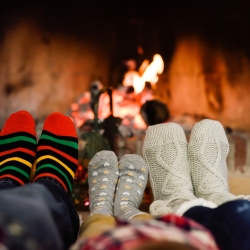
Concerned about high energy bills, drafty rooms, or your carbon footprint? Interested in renewable energy sources? Join energy educators from Cornell Cooperative Extension and HeatSmart Tompkins in this three-part home energy resource series. Learn about steps you can take to save money and reduce household greenhouse gas emissions.
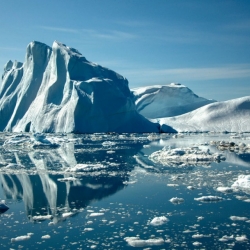
Global warming reduction may someday get a cool new tool: climate engineering. The SilverLining Safe Climate Research Initiative has awarded a $500,000 grant to a Cornell engineering researcher, who will model the effects of introducing reflective aerosols into the stratosphere, which could deflect enough sunbeams to reduce Earth’s temperature and limit climate change impact.
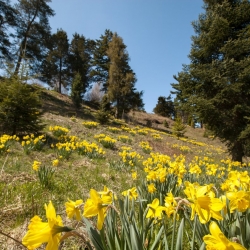
Soil holds about three times as much organic carbon as the atmosphere, which means that making strategic changes to how soil systems are used could play a major role in combating climate change. With that in mind, two Cornell soil scientists have helped develop a powerful new tool that will help researchers and policymakers map the global potential for carbon sequestration. Soils Revealed is an open-access, interactive platform that uses cutting-edge technology to model how soil organic carbon has fluctuated over the last 11,000 years and to project soil’s future carbon-storing capacity.
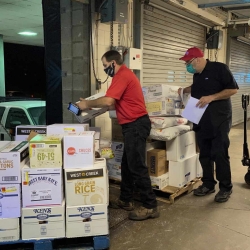
When three of the region's higher education institutions discovered they shared a sudden need to find a new primary food distributor, Cornell University, Ithaca College, and SUNY Cortland realized they had an opportunity to gain some efficiencies while continuing to influence collegiate dining trends. All three schools prepared requests for proposals to food distributors that could operate in Central New York, and all three were able to compare notes on the candidates.
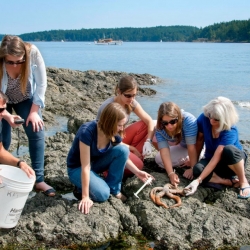
As it turns 10, Cornell Atkinson Center for Sustainability is celebrating its accomplishments while focusing with renewed urgency on creating more powerful ways to translate knowledge into action. The stakes have never been higher.
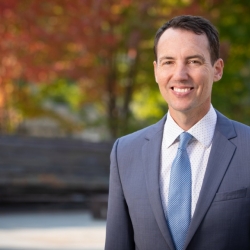
An accomplished environmental scientist, new CALS Dean Benjamin Z. Houlton has published more than 130 academic papers. He is internationally recognized for his research on ecosystem processes and for creating collaborations that drive sustainable agriculture and energy production.
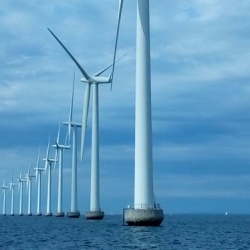
A new research project – led by Rebecca J. Barthelmie, professor in the Sibley School of Mechanical and Aerospace Engineering, and Sara C. Pryor, professor of Earth and Atmospheric Sciences in the College of Agriculture and Life Sciences – is designed to unlock the power of wind energy by optimizing the spacing between wind turbines and wind turbine arrays to maximize power production.

Four Cornellians have been appointed to three climate advisory panels that will inform the New York State Climate Action Council – a task force established by Gov. Andrew Cuomo – to guide the state and draft a plan toward a zero-carbon economy by the middle of this century.
